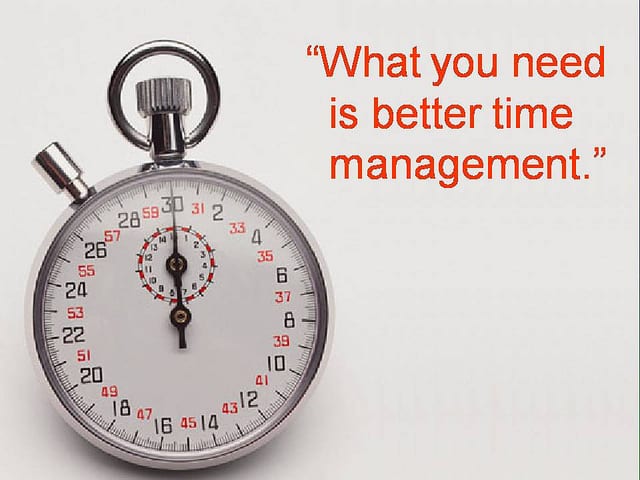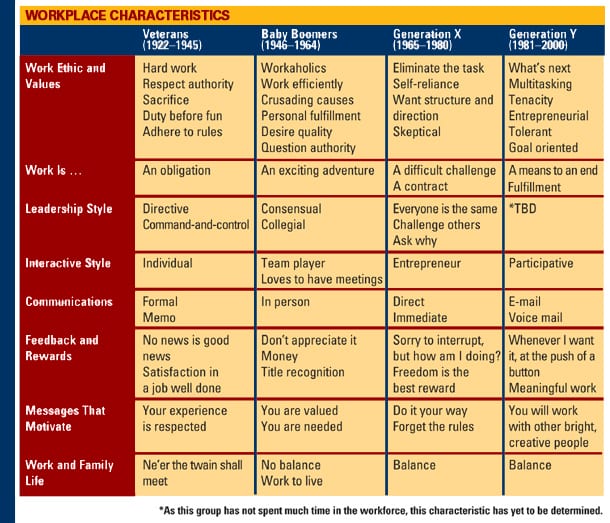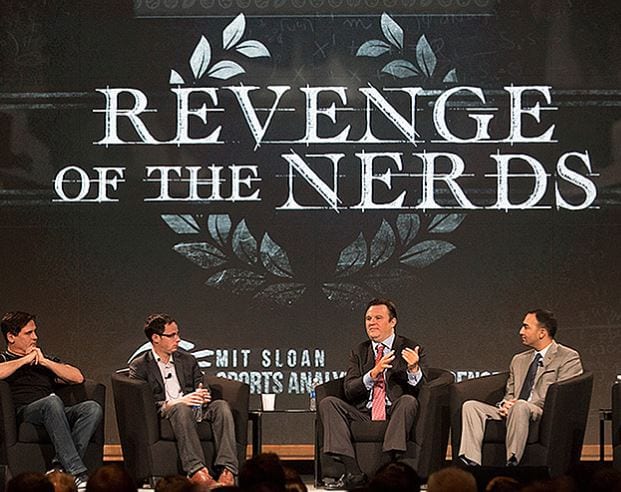by Kirk Wakefield – November 2016 Note: In this re-release (first posted April 1, 2013), we congratulate Colin Faulkner, and the 2016 World Champion Chicago Cubs, for catching up to brother Chris Faulkner, whose Denver Broncos won the 2016 Super Bowl. S3 Board Member Spotlight Brothers. Friends. Sports. These three words bind Chris and Colin…Continue Reading How two brothers made it big in pro sports: Colin Faulkner, Chicago Cubs and Chris Faulkner, Denver Broncos
How two brothers made it big in pro sports: Colin Faulkner, Chicago Cubs and Chris Faulkner, Denver Broncos








